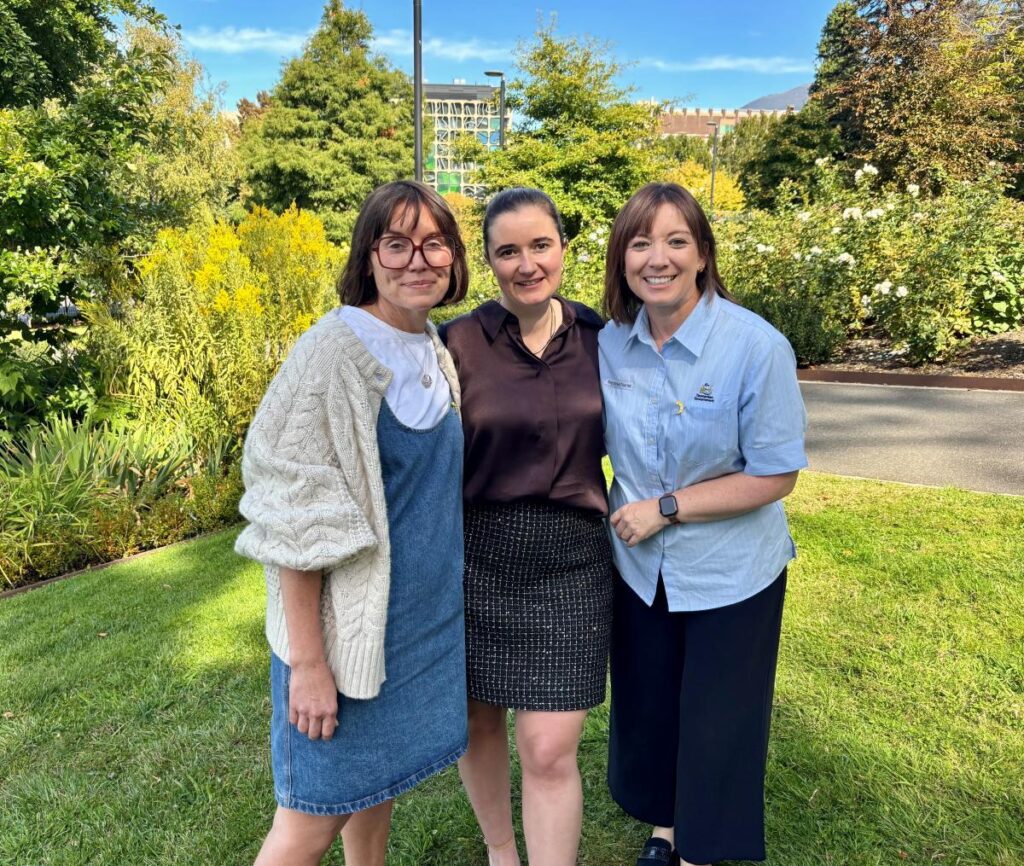Annaliese’s Journey with Endometriosis
Annaliese faced the struggles of excruciating and irregular menstrual cycles throughout her teenage years and early twenties, often dismissed as “normal.” She recalls, “I grew up believing that painful periods were just a part of life for everyone.”
After enduring years of doctor visits and self-advocacy, Annaliese was finally diagnosed with endometriosis at the age of 29 in September of last year. This condition occurs when tissue, akin to the uterine lining, grows outside the uterus in other areas of the body.
Understanding Endometriosis
The symptoms of endometriosis can profoundly affect a woman’s life, leading to severe pelvic pain, fatigue, heavy or irregular bleeding, and even infertility. Additionally, many individuals with this condition experience mental health challenges, such as anxiety and depression.
Annaliese shares her journey, stating, “I have undergone surgery and am now in continuous treatment, which includes a mental health plan and medication, along with regular check-ins with my gynecologist to explore further options.”
She adds, “Planning social events has become difficult; I often receive invitations but lack the energy to even consider attending. Endometriosis is very real and incredibly debilitating.”
Diagnosis Challenges
On average, the journey to an endometriosis diagnosis takes 6.5 years, impacting approximately 1 in 7 females in Australia.
Megan Rootes, Clinical Nurse Consultant at the Royal Hobart Hospital’s Gynaecology Services, noted, “Numerous barriers have historically existed concerning diagnosis, particularly the stigma surrounding women’s health and reproductive services.”
She emphasizes that treatment isn’t one-size-fits-all, stating, “There are surgical options, medical treatments, as well as complementary holistic approaches like acupuncture, psychological support, massage, exercise, and diet.”
Improving Awareness and Understanding
While significant strides still need to be made, Dr. Jacqueline Brown, a gynecologist in Hobart, reassures that advancements are occurring for both patients and healthcare providers. “We are training sonographers to detect endometriosis effectively, which is crucial in avoiding unnecessary surgeries.”
She also remarks on the evolving perception of the condition, observing, “The outdated belief that endometriosis only affects older women is changing. I have treated teenagers with severe forms of the condition, reminding us that our understanding of endometriosis is continually evolving.”
Annaliese reflects on the importance of starting the conversation at home, saying, “The way young women are educated about their periods and menstrual health is vital.”
Endometriosis Awareness Month
March marks Endometriosis Awareness Month, a crucial time to advocate for increased awareness, the destigmatization of women’s reproductive health, enhanced support from partners, families, schools, and workplaces, and more essential research into this chronic condition.
For valuable resources related to endometriosis, please refer to credible health organizations.


